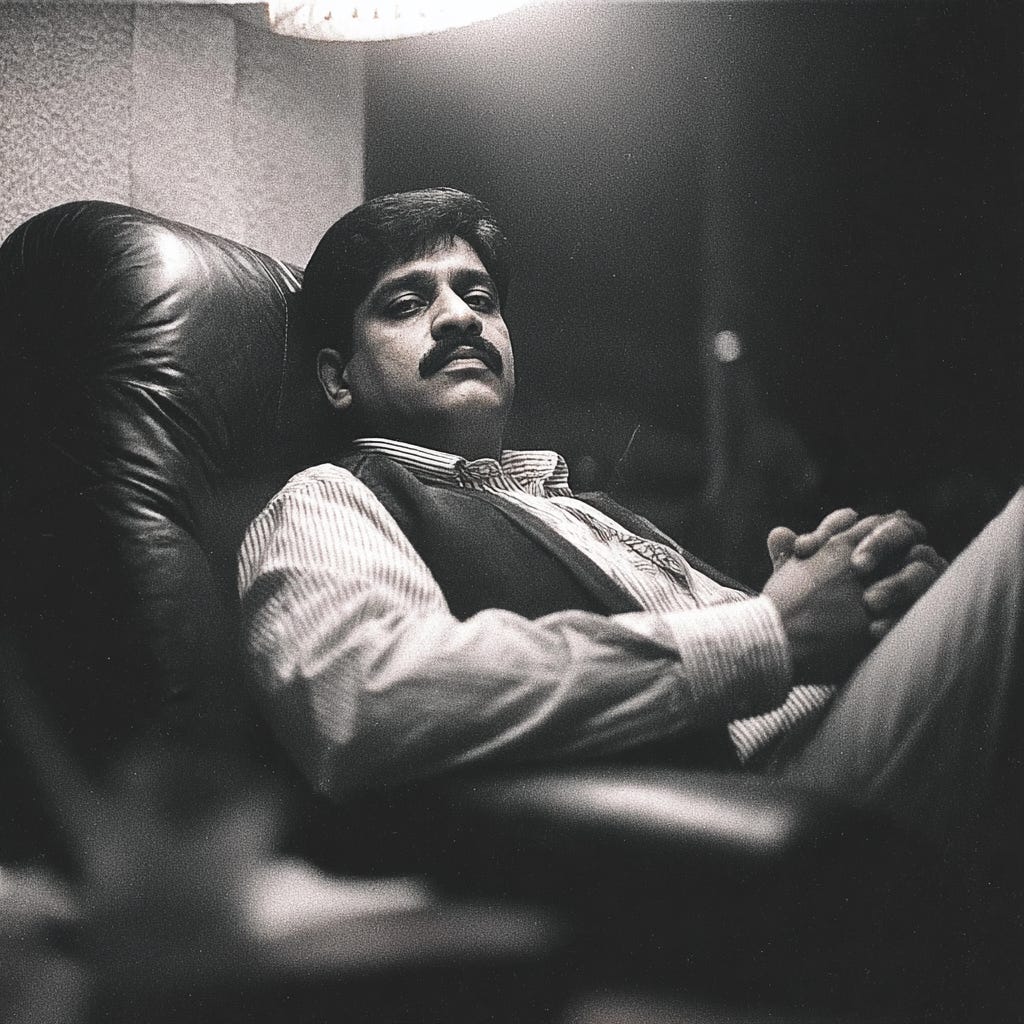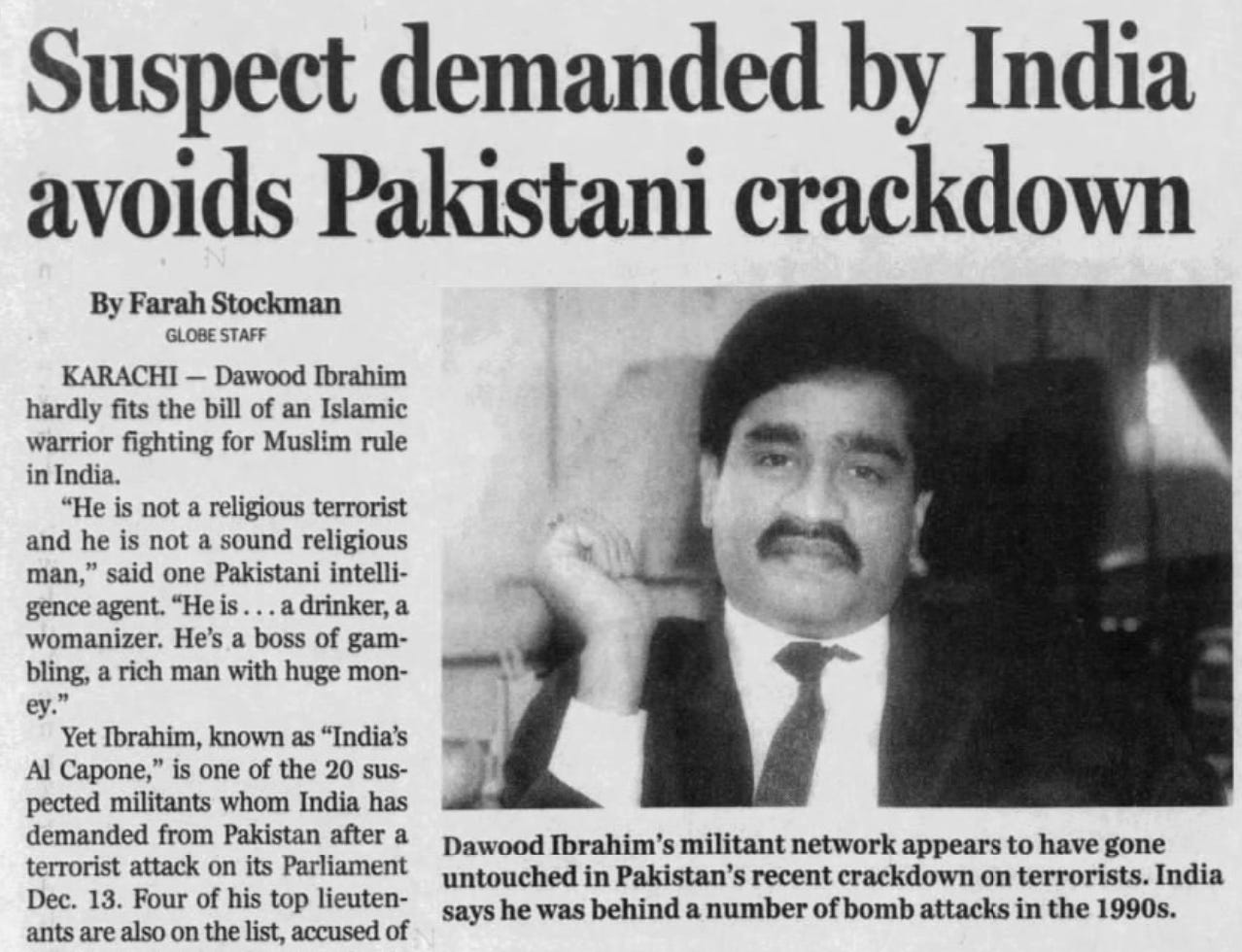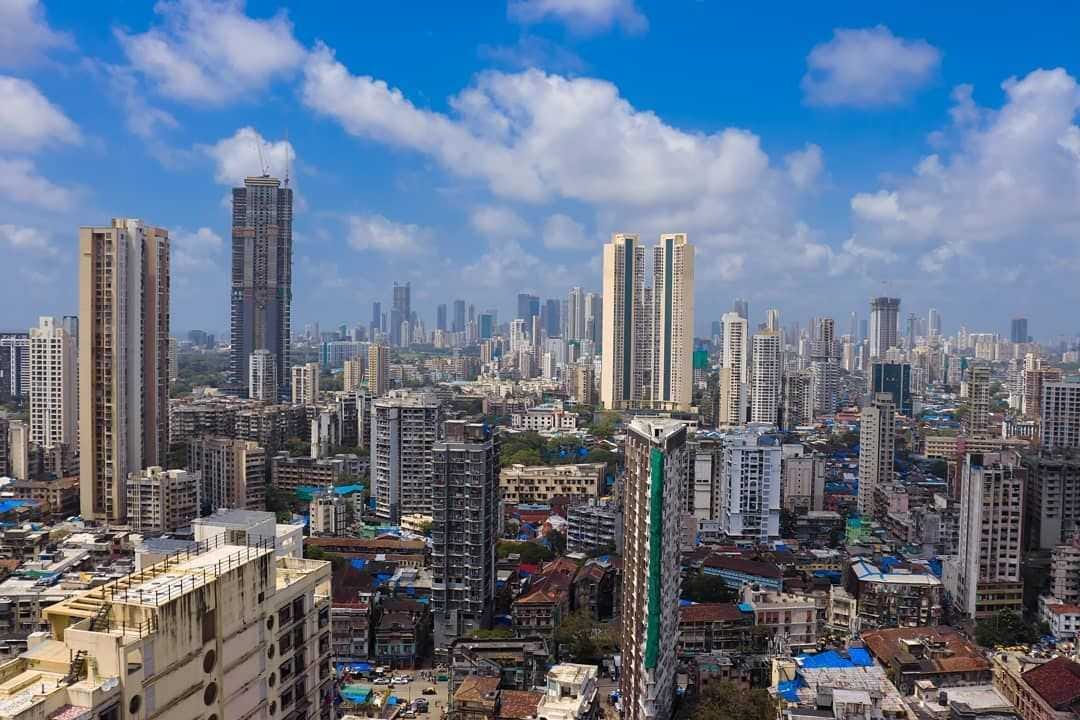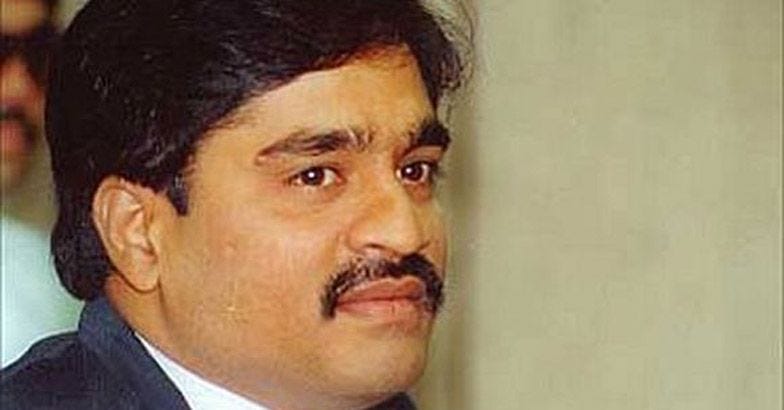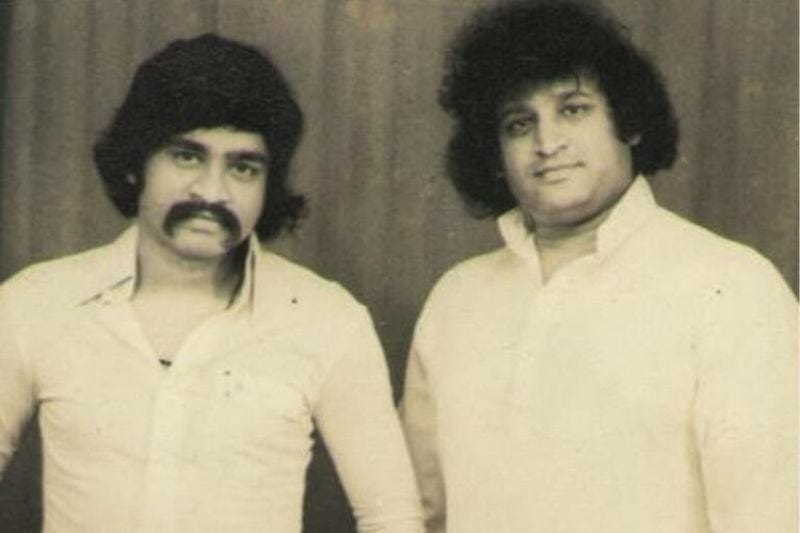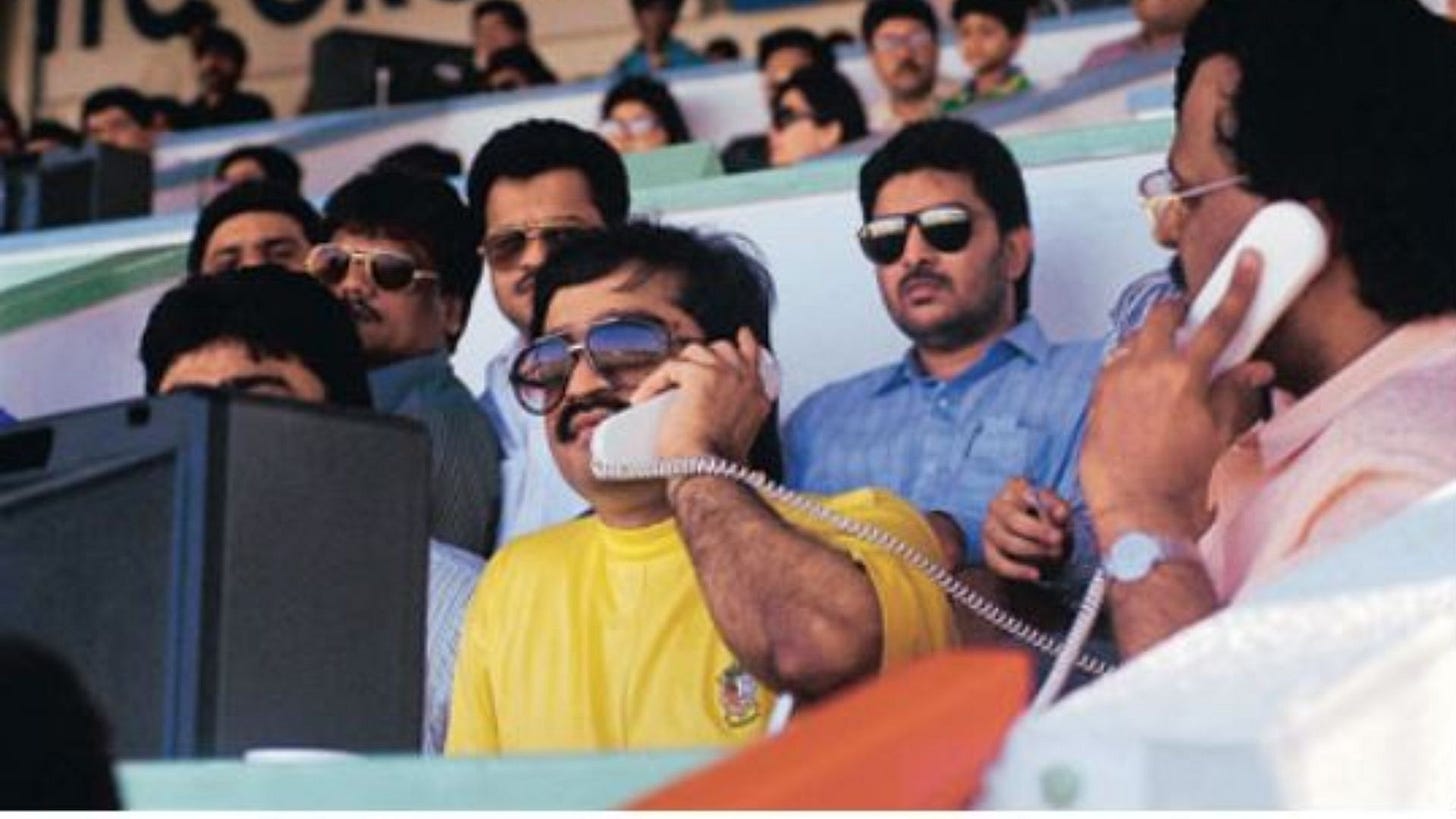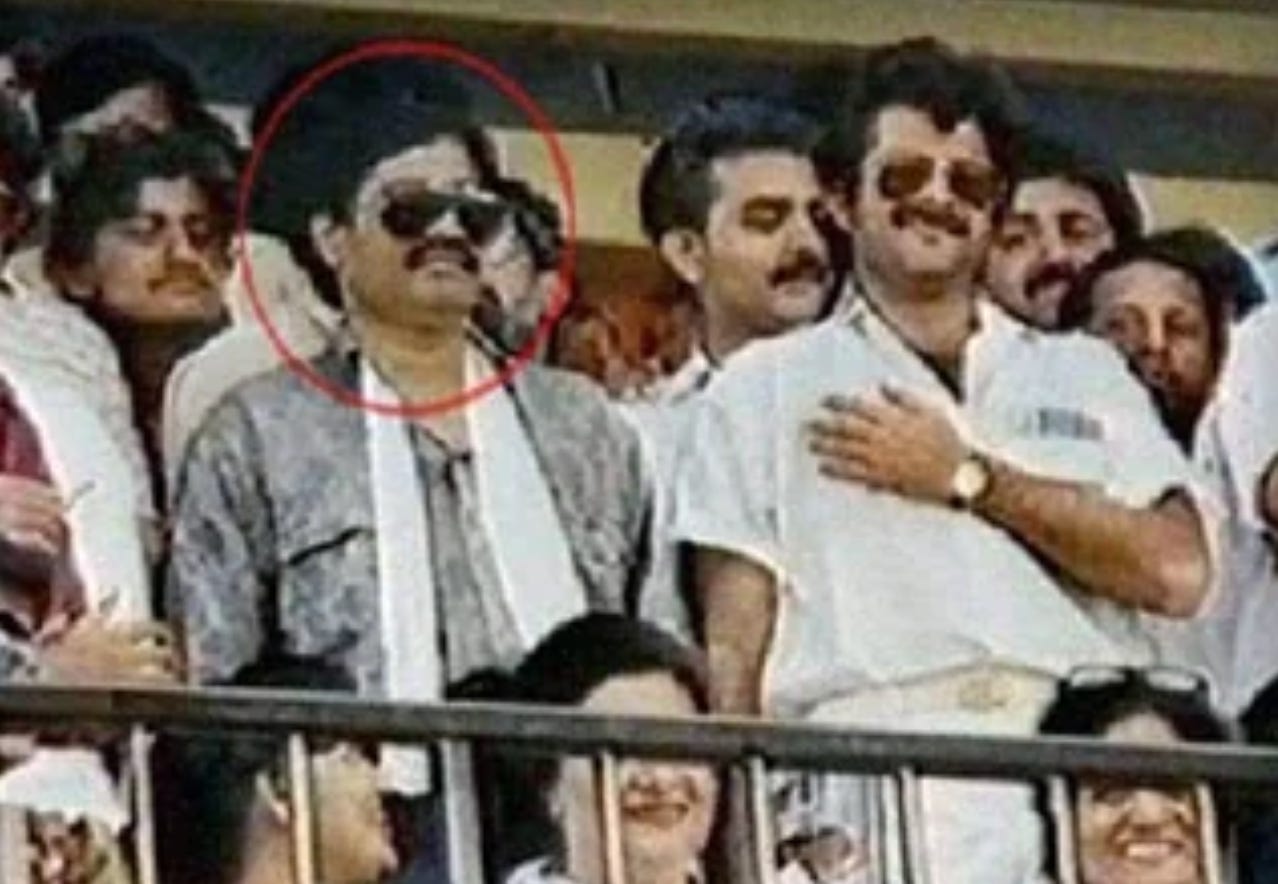Crime Lord of Mumbai: The Rise and Disappearance of Indian Mob Boss Dawood Ibrahim Kaskar
Emerging from the impoverished streets of Mumbai, India, Dawood Ibrahim rose to become one of India's most powerful organized crime figures. After fleeing India, he has remained a fugitive since 1993
Background
Though not as well-known as other global organized crime figures like Pablo Escobar and “El Chapo,” India’s Dawood Ibrahim Kaskar is an international criminal with a dark and bloody legacy all his own.
In addition to being an organized crime boss and drug kingpin, he was designated as a global terrorist in 2003 by both India and the United States. Ibrahim led a violent crime syndicate known as D-Company. By the 1980s, Dawood and his syndicate were already deeply established in smuggling, extortion, and narcotics.
After being accused of masterminding the 1993 Mumbai bombings, Dawood disappeared. Today, more than 30 years later, he remains a fugitive with his name still on international terror lists and his whereabouts still unknown.
Humble Beginnings
Dawood Ibrahim Kaskar was born on December 26, 1955, in Khed, Ratnagiri district, Maharashtra, India. His family was part of the Konkani Muslim community. His father, Ibrahim Kaskar, worked as a head constable with the Mumbai Police (then known as the Bombay Police), and his mother, Amina Bi, was a homemaker.
The family was large and poor. Dawood had several siblings, including an older brother, Shabir Ibrahim Kaskar. The children grew up in Dongri, a highly populated area in South Mumbai, near the Bhendi Bazaar. The family, though respected for the father’s position, struggled financially.
Dawood greatly admired his older brother, and as Shabir began to become involved in crime, Dawood followed him. After Dawood dropped out of high school, he and Shabir drifted into petty crime. The brothers sold smuggled goods, cheated unsuspecting buyers, got into street fights, and committed fraud.
One of their main scams, called “Alta-palti,” involved shoppers being given boxes that supposedly contained luxury watches or other smuggled items, but after payment, the box contained something else, often a stone.
Though their father tried to get his sons to find legitimate work, the boys preferred the allure of “easy money” and a life of crime on the streets.
Criminal Organization
By the mid-1970s, Dawood and Shabir were working with a local smuggler known as Bashu Dada, who was friendly with Dawood’s father. However, in 1976, there was a falling out between Dada and the Kaskar brothers, and Dawood, Shabir, and some of their friends attacked Dada with empty bottles.
After that incident, Dawood and Shabir broke away and began to build their own gang. The two brothers had a reputation for being fearless and clever, so they were quick to organize other young men from Dongri who were eager to prove themselves.
Due to India's strict import regulations, Dawood and Shabir's gang were actively involved in smuggling gold, silver, and banned products, all of which were in high demand. Their primary source of money and power shifted to smuggling at the time.
They fought with more established gangs, particularly the fearsome Pathan gang, which at the time controlled parts of South Mumbai. On February 12, 1981, Shabir was murdered by members of the Pathans in a gang attack at a gas station in Prabhadevi, Mumbai.
Rise of D-Company
Devestated by the murder of his brother but determined to continue on, Dawood assumed leadership of the gang. The group became known by the media and law enforcement as “D-Company” since it was now led by Dawood. By 1986, D-Company was one of the most powerful criminal organizations in Mumbai, after taking out almost all of the Pathan gang's leadership.
Extortion now became a regular source of money for the gang. D-Company would demand "protection money" from small businesses, shopkeepers, and landlords. Smuggling routes brought in everything from consumer electronics to drugs, using Mumbai's busy port as a gateway.
Alongside smuggling and extortion, narcotics trafficking became one of the biggest revenue streams. Heroin was smuggled into India, often routed through Pakistan, and then sent to Europe and other places.
At its peak, D-Company’s network stretched into Bollywood. Film financiers and producers were pressured or enticed into taking money from Dawood’s associates, thereby giving him influence in India’s most glamorous industry.
According to Indian law enforcement, D-Company began to play a role in fixing cricket matches, using its global betting network to manipulate outcomes.
International Connections
Dawood understood that to stay ahead, his operations needed safe cover and reach beyond India. He began cultivating connections in the Middle East, especially in Dubai, and built links with underworld figures in Pakistan, Nepal, and Sri Lanka. Through these networks, the group moved contraband across borders and laundered money through hawala (an informal money transfer outside the formal banking system)
D-Company’s reach was so extensive that its influence extended to countries far beyond India, spanning the Gulf states, Africa, and Southeast Asia. Dawood’s ability to run his empire across continents made him unusual among Indian criminals of that era.




